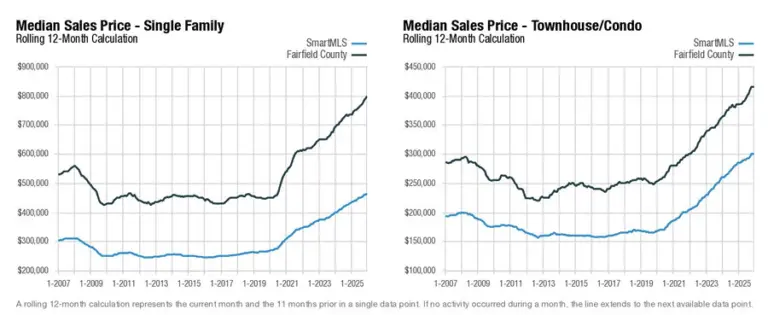In this age of performative governance and institutional mistrust, it is worth pausing to recognize a quiet but indispensable truth: the members of Greenwich’s Board of Estimate and Taxation— Republicans and Democrats alike—are volunteers. They are not compensated for their time, nor subsidized in their service. They endure late-night meetings, relentless email chains, budget binders heavy as cinderblocks, and the unrelenting scrutiny of a public growing more demanding and less forgiving. And yet, they show up
What they offer is something increasingly rare: civic labor undertaken not for gain, but for duty. Greenwich, for all its affluence and pedigree, remains tethered to this older republican ideal— that government, especially at the town level, is not a distant bureaucracy but a participatory enterprise, sustained by citizens willing to forgo their evenings for spreadsheets and sewer authorizations.
The work is thankless. That is the point
Alexis de Tocqueville, wandering through the New England towns of the early republic, marveled at what he called “the principle of interest rightly understood,” by which Americans served their communities out of a combination of self-preservation and altruism. “They do not deny that every man may pursue his own interest,” he observed, “but they endeavor to prove that it is in each man’s interest to be virtuous.” The Greenwich BET, in its current form, is a modern embodiment of that ethic.
Too often, the volunteer status of these officials is obscured by the heat of the moment. When debates become animated—over mill rates or reductions or bond amortization periods—it is tempting to treat every disagreement as a proxy for something larger, even sinister. But the people at the table are not paid professionals. They are our neighbors, balancing committee responsibilities with careers, families, and in many cases, considerable private obligations. One suspects they could spend their time more agreeably elsewhere.
They do not. And in this choice lies the civic character of the town itself.
It is fashionable to lament the decline of decorum in public discourse, to bewail the fracturing of our shared norms. What is less fashionable—but far more effective—is to practice those norms in miniature: in public meetings, in committee rooms, in letters of thanks sent without agenda. We are not required to agree with our elected or appointed officials. But we are obliged, in a free society, to treat their service with respect.
That this reminder is necessary at all is a symptom of the age. Governance has become performance art; judgment is often rendered before the facts are even presented. To serve under such conditions is not merely an act of citizenship—it is an act of courage
Consider how easily one might opt out. There are no stock options in municipal budgeting. No applause for refining amortization schedules. No viral video for calculating the mill rate. And yet, the BET does these things because someone must. Without them, the wheels of local government grind to a halt. Police officers are not paid. Roads are not paved. Teachers are not hired. Governance, as it turns out, is built on the spreadsheet, not the slogan.
As Theodore Roosevelt once put it: “The credit belongs to the man who is actually in the arena… who errs, who comes short again and again… but who does actually strive to do the deeds.” The arena, in our time, includes folding chairs in the Town Hall Meeting Room and a budget document with 478 pages.
One does not have to agree with every vote or applaud every procedural maneuver to recognize the value of participation itself. The alternative is a vacuum filled by cynicism and complaint, a politics of spectatorship that hollows out the institutions we claim to treasure.
Greenwich is fortunate. We are governed, in part, by those who still believe in the virtue of showing up. Let us treat them with the seriousness and gratitude that such belief deserves.




